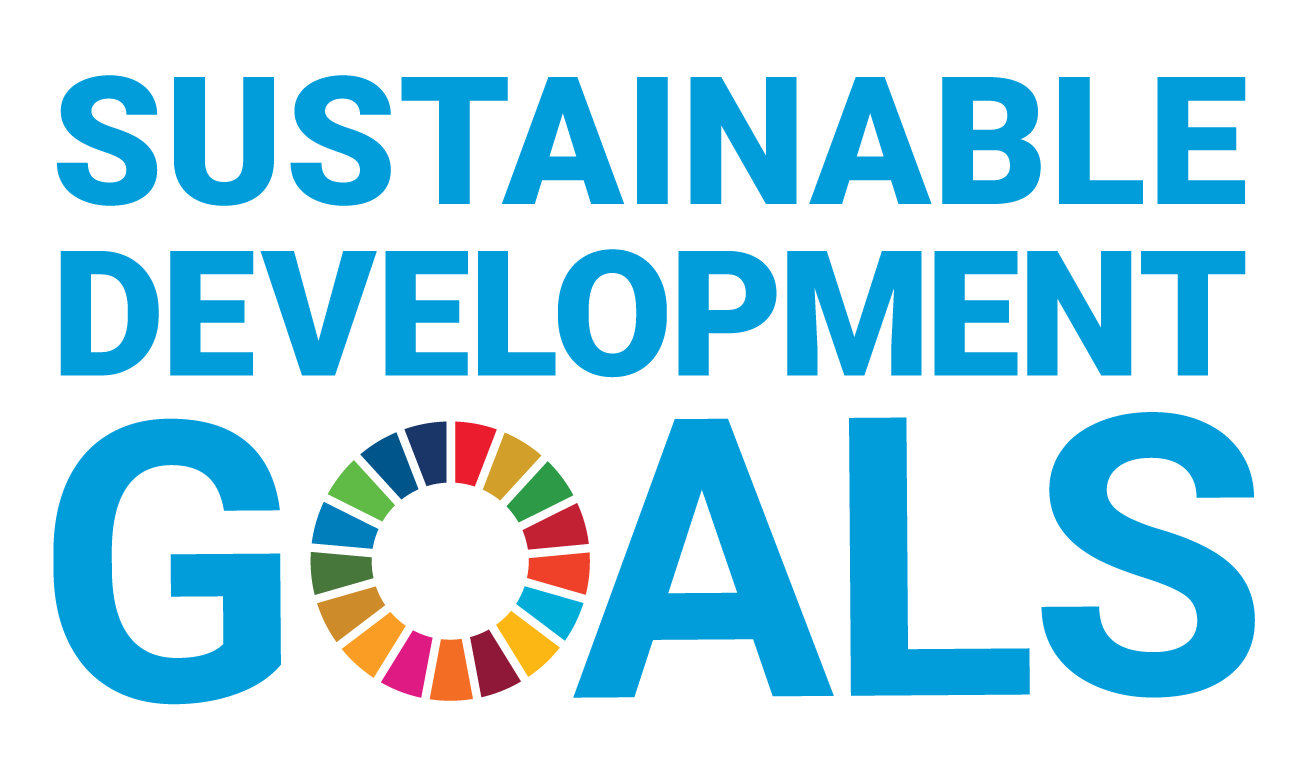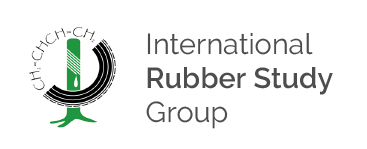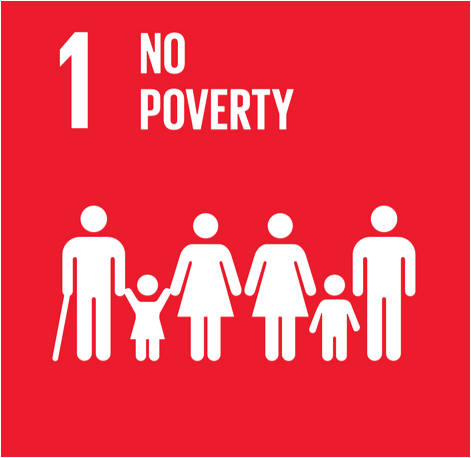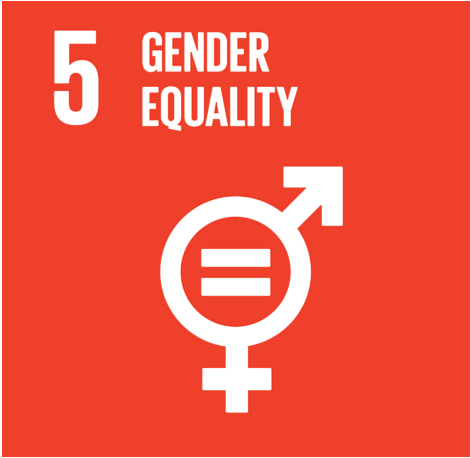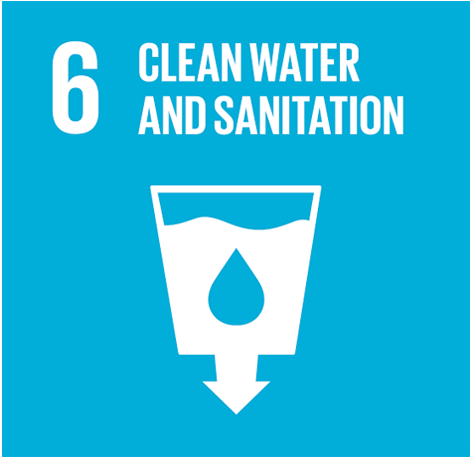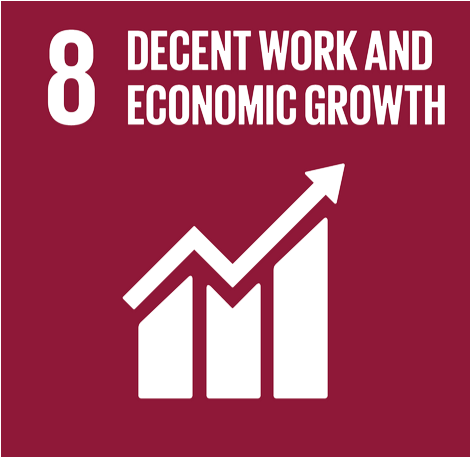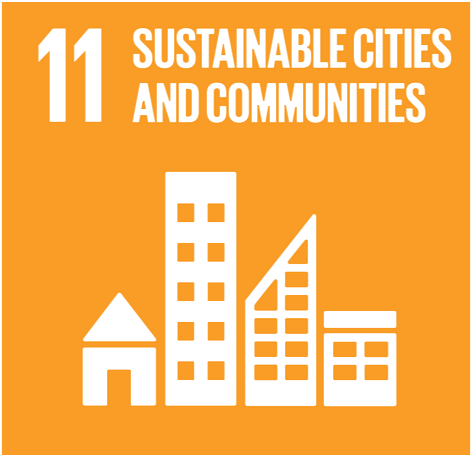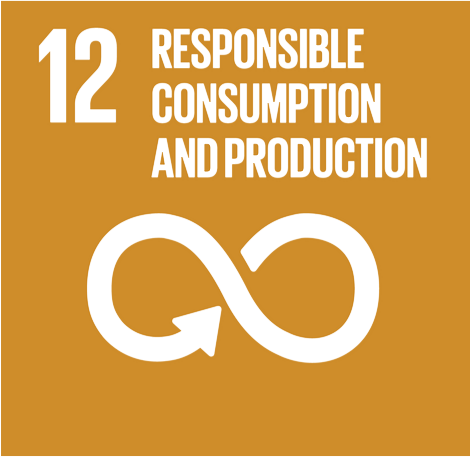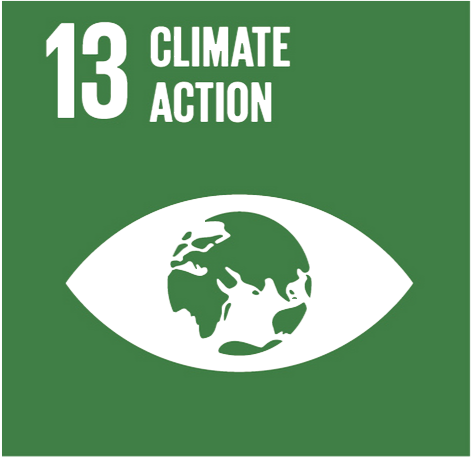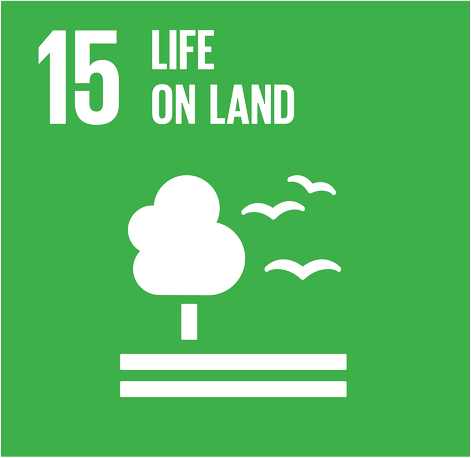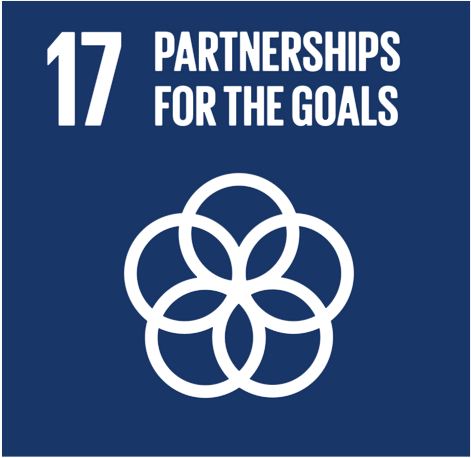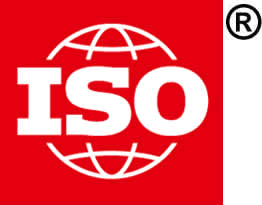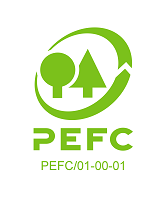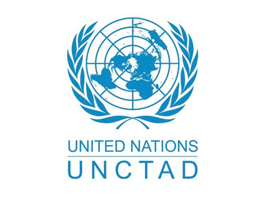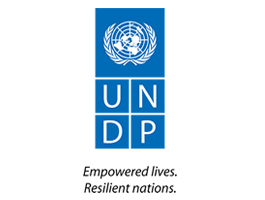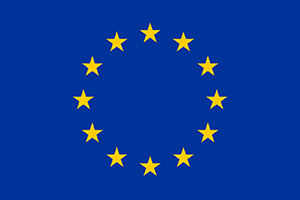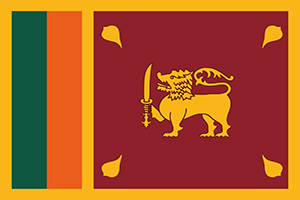The International Rubber Study Group’s (IRSG) works to promote sustainable rubber economy. The common vision for sustainable development and the UN Sustainable Development Goals (SGDs) to achieve system transformation, has been translated in to a comprehensive approach which includes eight SDGs. The SDGs embrace a universal approach to the sustainable development agenda based on the social, economic and environmental dimensions of sustainability. Practices, policies and tools that interlink multiple SDGs, integrate the economic growth, social inclusion and environmental protection that involve participation and partnerships among different actors in the rubber industry, governments, civil society and international agencies. Context specific, but universally relevant actions can catalyse national as well as industry-wide sustainable development objectives and commitments. The interconnectedness of SDGs to business strategies, helps the private sector to improve resilience and competitiveness. Unlocking the potential of the private sector is fundamental to progress. Partnership is very important and it is a way to work with government and other critical players to make real changes happen. The Group target the realisation of SGDs through a work programme with the aim to achieve a system transformation.
-
Brief Paper: Natural Rubber and
Climate Change: A Policy Paper -
Digital Workshop Natural rubber systems and
climate change
Proceedings and
extended abstracts - Brief Paper: Sustainable Development of Rubber Plantations in a Context of Climate Change
-
Digital Workshop
Natural Rubber Systems and
Climate Change Presentation and
Video Recording
Links - IRSG Sustainability Agenda
Sustainable Development Goals by the UN
The sustainable development goals are a collection of 17 global goals set by the United Nations General Assembly in 2015 for the year 2030.
The SDGs are part of Resolution 70/1 of the United Nations General Assembly, the 2030 Agenda.
